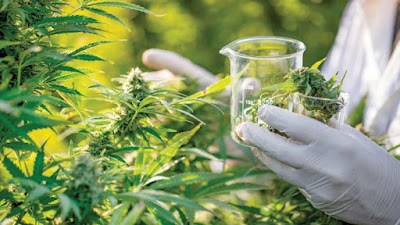How does medicine really work. What changes happen in your body that end up with a result?
For
the few medicines that
cure - less than 5% of
medicines cure any disease - works equals “cures”. Medicines that
cure can only cure
infectious diseases, and they cure by killing or disabling the infectious agent, the bacteria, virus, fungi,
or other parasite.
Over
95% of medicines make
no claim to cure, and cannot cure any disease. Cured is not
defined for any non-infectious disease. For these medicines, “works” is defined
as “makes the patient or the doctor feel better about some improvement in the
signs and symptoms of
the disease - but do not cure”. Diseases that are naturally cured by health, like the
common cold, influenza, and measles,
are considered incurable - but are often treated with medicines that “work” but
cannot cure.
How
each individual medicine
“works is defined and tested in a clinical study, and the
results are published as a “health claim” (sic) to the government - the FDA in
the USA. If the government bureaucracy approves the claim, the medicine is said to
“work” on specific signs and symptoms of a specific disease.
It's
a nonsense game for all non-infectious diseases and all diseases
cured by health. Cured is not defined, so no medicine can cure. Most
non-infectious diseases
are cured by health, but - cured being not defined - those cures are not
recognized when they occur.
So
doctors prescribe medicines
that don't cure, and get into debates about “alternative medicines”
(which have not been proven in
clinical studies and do not have approval of the bureaucracy), debating
which medicine -
conventional or alternative - “does not cure better”.
Works, for most medicines,
means does not cure. But that's not all. Because cured is not defined, it is
not possible to determine if a medicine moves the
patient towards being cured - or farther away from being cured. We don't pay
attention to “what changes happen in your body” unless it is:


Comments
Post a Comment